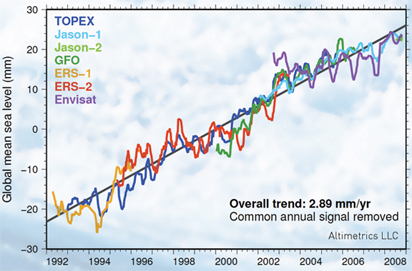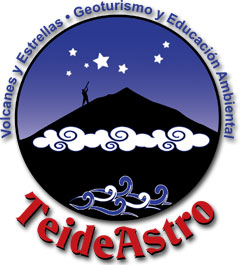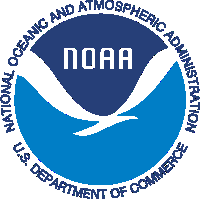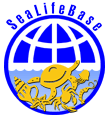OceanObs'09 - September 21-25 in Venice, Italy
OceanObs'09 - September 21-25 in Venice, Italy
Today, the world's oceans are being observed routinely and systematically by means of satellite and in situ techniques. But the global ocean observations system is changing.
After a decade of work on integrating Earth- and satellite-based observing networks, thereby establishing new observation methods that have made a tremendous impact on the way climate change and physical oceanic variability is measured, scientists are once again exploring uncharted waters and looking to set a new course for the future at the OceanObs'09 Conference in Venice, Italy on September 21-25.
Ten years ago-at the first conference for a comprehensive, ocean observing system-scientists envisioned measuring satellite altimetry of sea-surface height with tide gauges and buoy measurements in order to forecast ocean currents. They brainstormed methods for monitoring changes in temperature and salinity in the Southern Ocean and the South Atlantic which had never been systematically monitored. They also drew up a plan for implementing a global array of temperature and salinity floats that would profile the water column down to a depth of 2,000 meters in real time. The initiatives launched at that conference a decade ago have since provided data that fed the International Panel on Climate Change (IPCC) assessments of human influence on climate change; improved seasonal forecasts crucial for agriculture, hydropower, and storm prediction; and provided information invaluable to the lives and safety of mariners.
OceanObs'09 will analyse this past decade of achievement and steer the observing system in a new direction for the future. The aim will be to take stock of the progress made over the last 10 years, present scientific results based on global ocean observations, consider the related societal and economic benefits, examine the present frontiers of global ocean observations and look at the way ahead in the coming decade. Nearly 600 participants from 36 countries will attend OceanObs'09 to discuss the societal and economic needs that the ocean observing system should address over the next 10 years.
Nearly 600 participants from 36 countries will attend OceanObs'09 to discuss the societal and economic needs that the ocean observing system should address over the next 10 years.
Ensuring the sustainability of the observing system is also forefront on the agenda. Commitments to further enhance and continue operations are needed from satellite agencies and for in situ networks alike.
With a better understanding of how the ocean operates has come a sobering awareness of the impacts of changes on marine ecosystems. Understanding the role of carbon flux between the atmosphere, land, and sea is a challenge that scientists must meet if the consequences of political decisions regarding carbon emissions are to be monitored and assessed.














